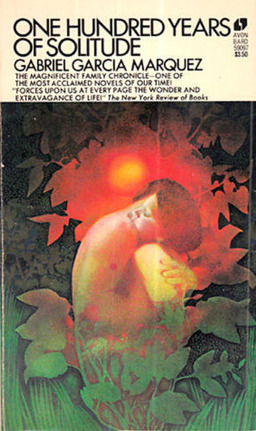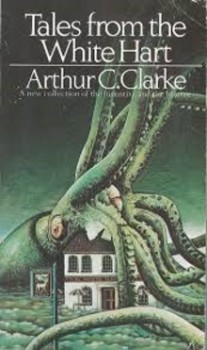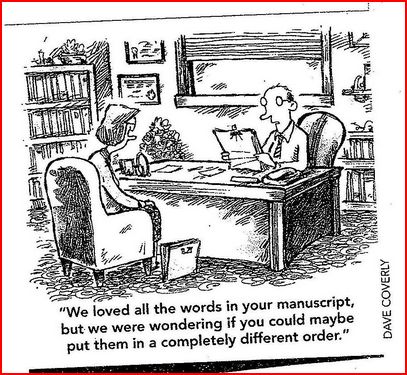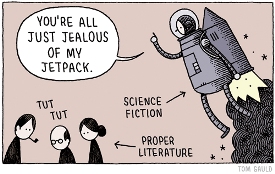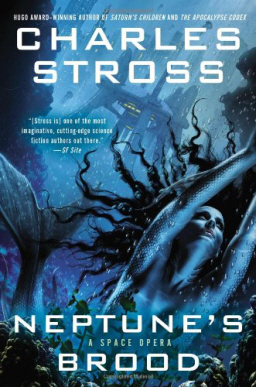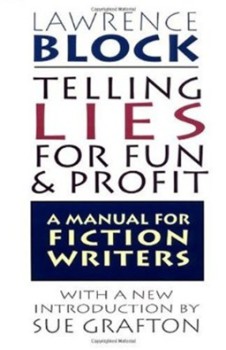How Much Backstory Do We Really Need?
 Novels can depict events that take place over a span of generations or just a couple hours. Yet no matter how long a time period your story covers, there is always something that came before it. Those events that impact the storyline are called backstory.
Novels can depict events that take place over a span of generations or just a couple hours. Yet no matter how long a time period your story covers, there is always something that came before it. Those events that impact the storyline are called backstory.
Many aspects of backstory can be inferred by the reader. For example, if your main character is a cop, most readers will understand that she knows police procedure, the laws of her jurisdiction, and how to handle a firearm. You don’t need to walk us through every day of her academy training to tell us this (although writers will happily do so). However, the more of a character’s past that you tell your readers, the more they can identify with her.
Backstory is one of those things that, when done right, is almost seamless. You don’t even notice it. But when it’s done with a clumsy hand… well, it can be obnoxious.
The flow of information from the writer to the reader is like a dance. A striptease, actually. Of course, the reader wants to see the goods right away, but on some level they also want to be teased, to have it parceled out in little bits that leave them wanting more.
So how do we accomplish this? If you’ve spent any time around writers, writing courses, or online writing forums, you’ve no doubt heard of the dreaded information dump. Or infodump, for short. Big lumps of raw backstory dumped into the narrative are no longer in style (if they ever truly were). They bog down the narrative and distract from the main story. Today’s author must disguise the backstory within other techniques.
